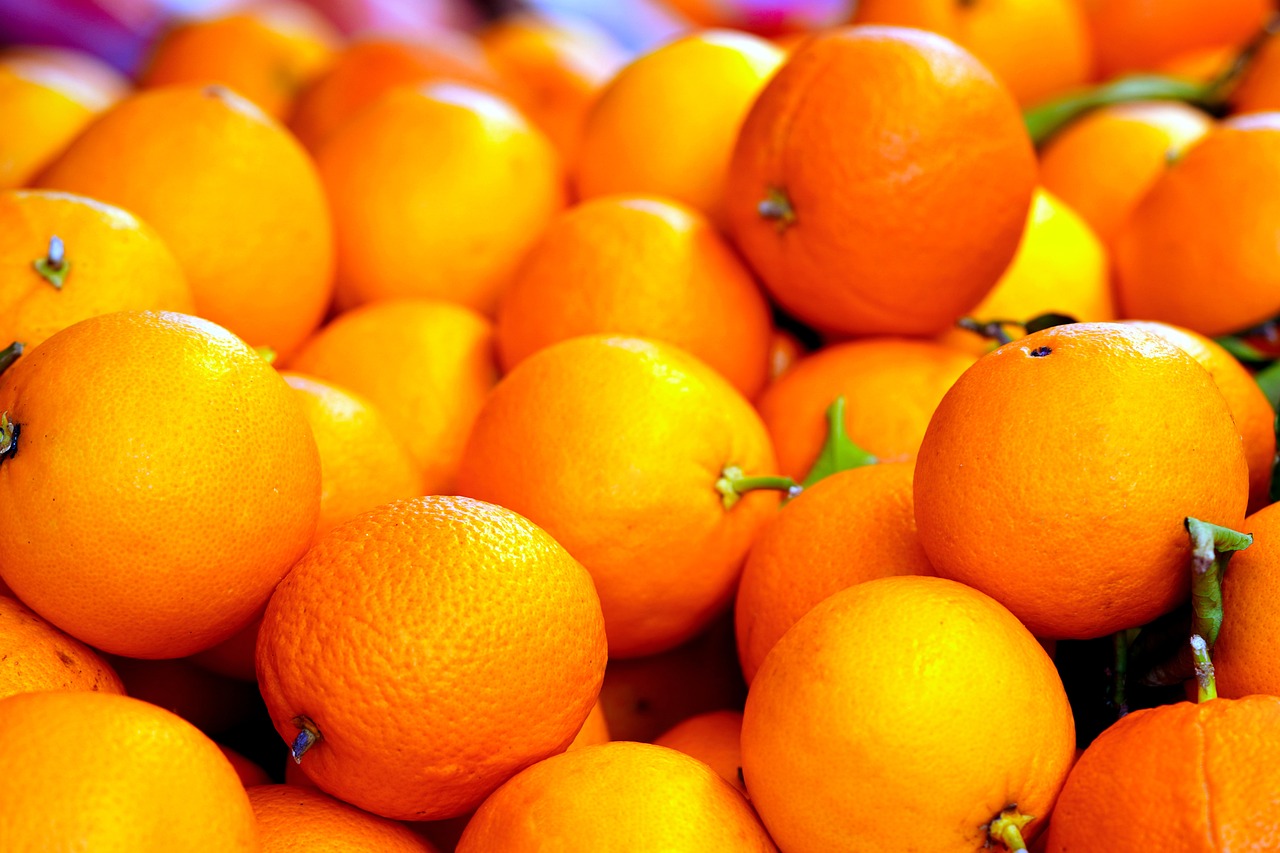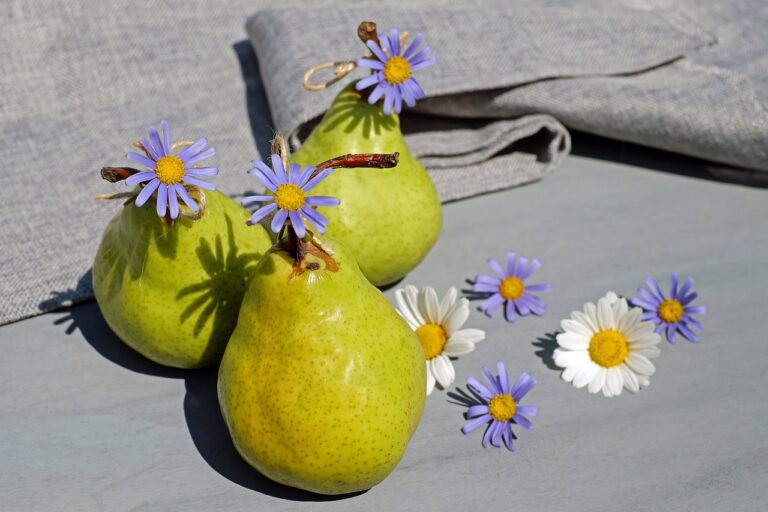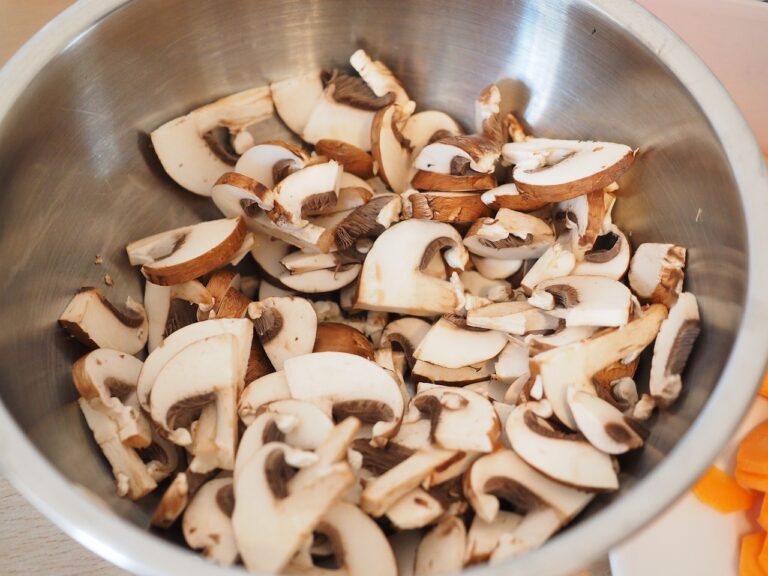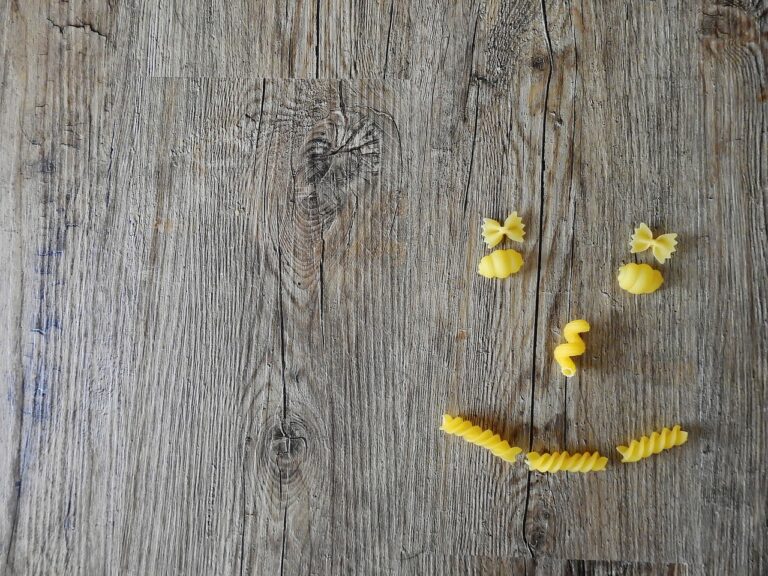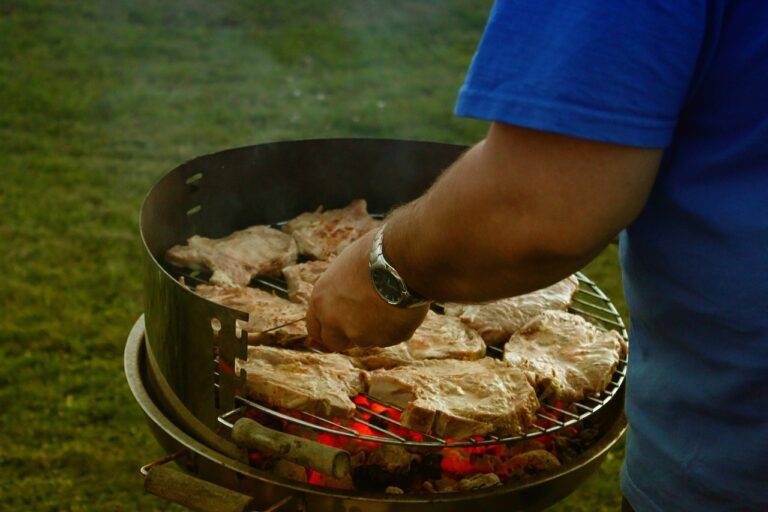Food and Tradition: Exploring Rituals and Customs Around the Table
In many cultures around the world, mealtime holds a special place as a time for bringing together family and friends. The act of sharing a meal not only nourishes the body but also nourishes the soul, fostering a sense of community and togetherness. Whether it’s a simple weeknight dinner or a grand feast, the cultural significance of mealtime is evident in the rituals and traditions that surround it.
Food plays a crucial role in preserving and transmitting cultural heritage from one generation to the next. Traditional dishes and cooking techniques are passed down through families, carrying with them stories and memories that connect individuals to their roots. By savoring these time-honored recipes, people not only honor their ancestors but also continue the legacy of their culture through the act of preparing and sharing meals.
The Role of Family Recipes in Preserving Heritage
Family recipes play a crucial role in preserving cultural heritage and passing down traditions from one generation to the next. These cherished recipes not only offer a taste of the past but also serve as a powerful connection to our roots and ancestors. Through the act of preparing and sharing these dishes, families are able to honor their history and keep their cultural identity alive.
The process of cooking traditional family recipes often involves storytelling and sharing memories that further strengthen family bonds. Each dish carries with it a unique narrative that contributes to the collective family history. By continuing to prepare these recipes, individuals are able to reinforce their sense of belonging and create a sense of continuity between the past, present, and future.
• Family recipes play a crucial role in preserving cultural heritage and passing down traditions from one generation to the next.
• These cherished recipes offer a taste of the past and serve as a powerful connection to our roots and ancestors.
• Cooking traditional family recipes involves storytelling and sharing memories that strengthen family bonds.
• Each dish carries a unique narrative that contributes to the collective family history.
• Preparing these recipes reinforces individuals’ sense of belonging and creates continuity between past, present, and future.
Celebrating Special Occasions with Traditional Dishes
Special occasions hold a significant place in our lives, serving as opportunities to come together with loved ones and create lasting memories. One of the ways we commemorate these special moments is through the preparation and sharing of traditional dishes that have been passed down through generations. These dishes not only delight our taste buds but also serve as a connection to our cultural roots and heritage.
The recipes for these traditional dishes are often cherished family secrets, kept alive through oral tradition and handwritten notes passed down from parents and grandparents. The act of preparing these dishes for special occasions becomes a way of honoring our ancestors and the traditions they held dear. As we gather around the dining table to enjoy these culinary delights, we are reminded of the resilience and endurance of our cultural heritage.
Why is exploring the cultural significance of mealtime important?
Understanding the cultural significance of mealtime can help us appreciate the traditions and history behind the food we eat, and can also help us connect with our roots.
How can family recipes help preserve our heritage?
Family recipes are often passed down through generations and contain the flavors and traditions of our ancestors. By continuing to cook these recipes, we keep our heritage alive.
How can we celebrate special occasions with traditional dishes?
Special occasions are the perfect time to showcase traditional dishes that hold cultural significance. Whether it’s a holiday, wedding, or birthday, serving traditional dishes can enhance the celebration and create a meaningful experience for all involved.

